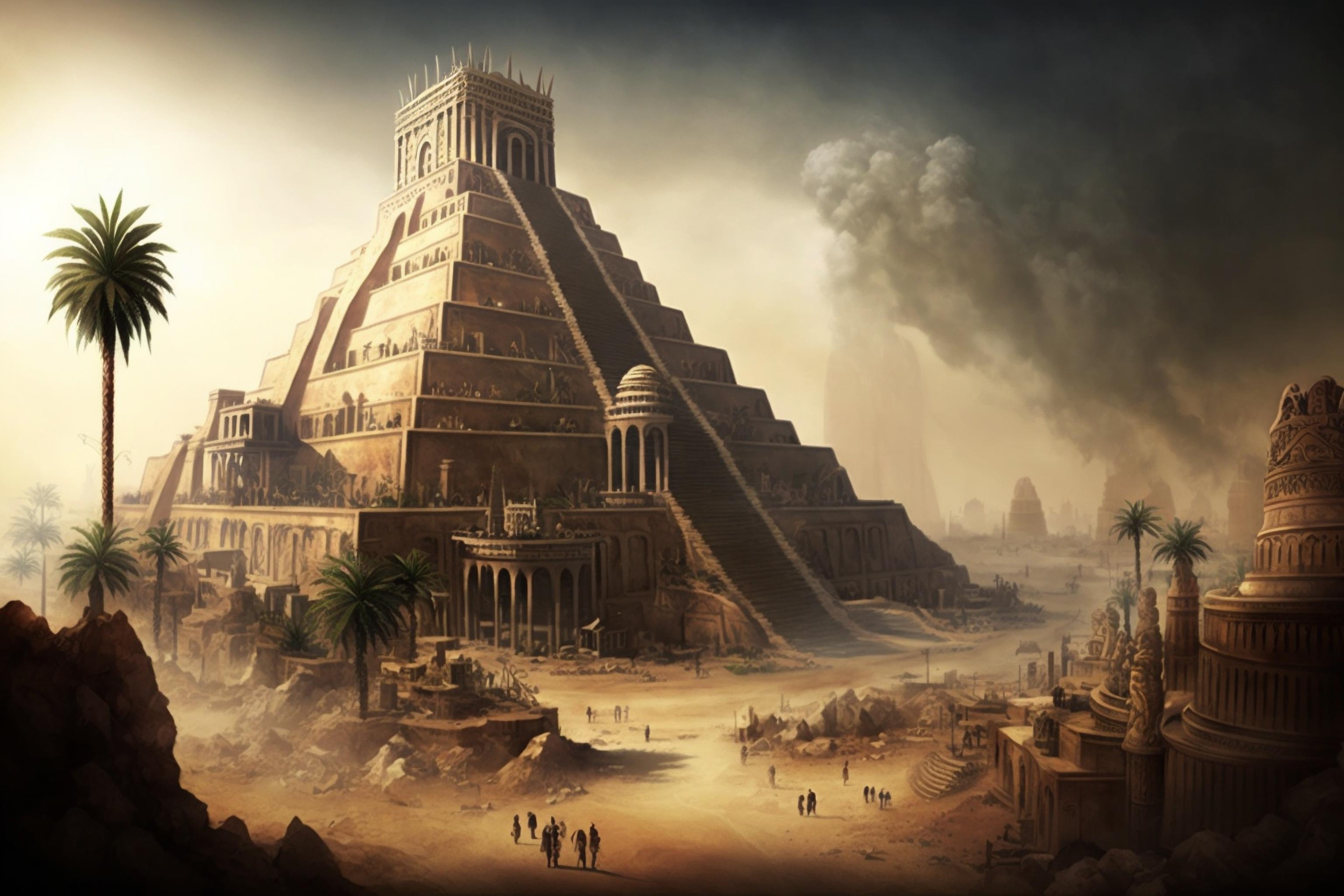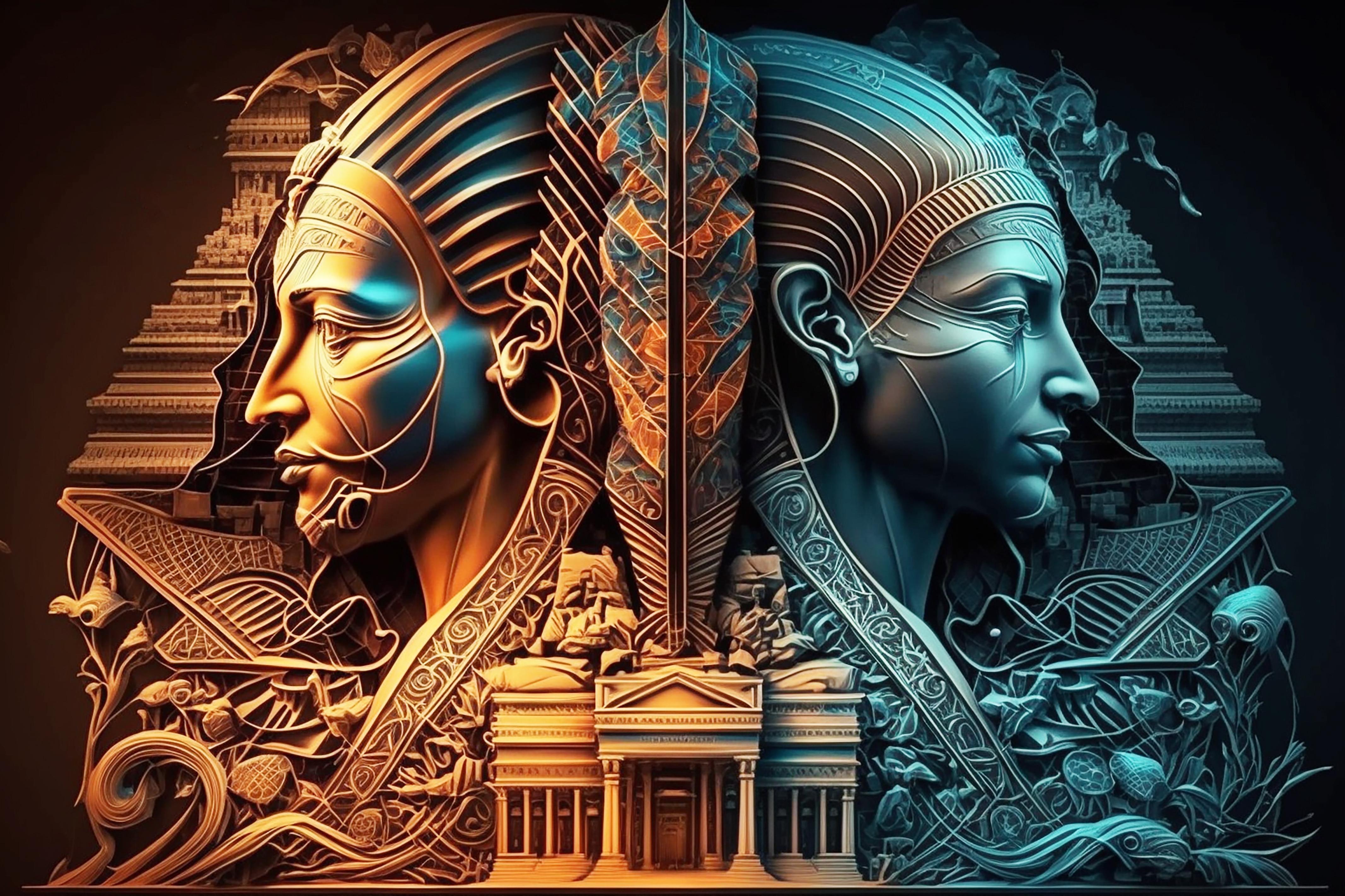Babylon

Definition:
Babylon was a major ancient Mesopotamian city, located in present-day Iraq along the Euphrates River. It became a center of culture, science, power, and architecture. Over time, it also evolved into a symbol of pride, decadence, and spiritual corruption in religious and esoteric traditions.
Historical Context:
-
First prominence around 1800 BCE under King Hammurabi (known for the Hammurabi Code, one of the earliest legal texts)
-
Greatest expansion under Nebuchadnezzar II (6th century BCE): famous for the Ishtar Gate and the legendary Hanging Gardens
-
Known for advances in astronomy, law, mathematics, and architecture
-
Later part of the Persian Empire, then conquered by Alexander the Great
Symbolic and Religious Meaning:
-
In the Bible, Babylon is portrayed as a symbol of idolatry, exile, and arrogance
-
The Babylonian Captivity refers to the exile of the Jewish people
-
In the Book of Revelation, “Babylon the Great” becomes a metaphor for moral decay, false religion, and imperial corruption
-
-
In esotericism and mysticism, “Babylon” can represent materialism, spiritual confusion, or false light and illusion
Modern Usage:
-
Used in art, literature, and pop culture as a metaphor for decadence, chaos, or globalized control
-
In Reggae and Rastafarian belief, "Babylon" refers to oppressive systems and Western domination
-
Common term in conspiracy theories and anti-system rhetoric
Links:




